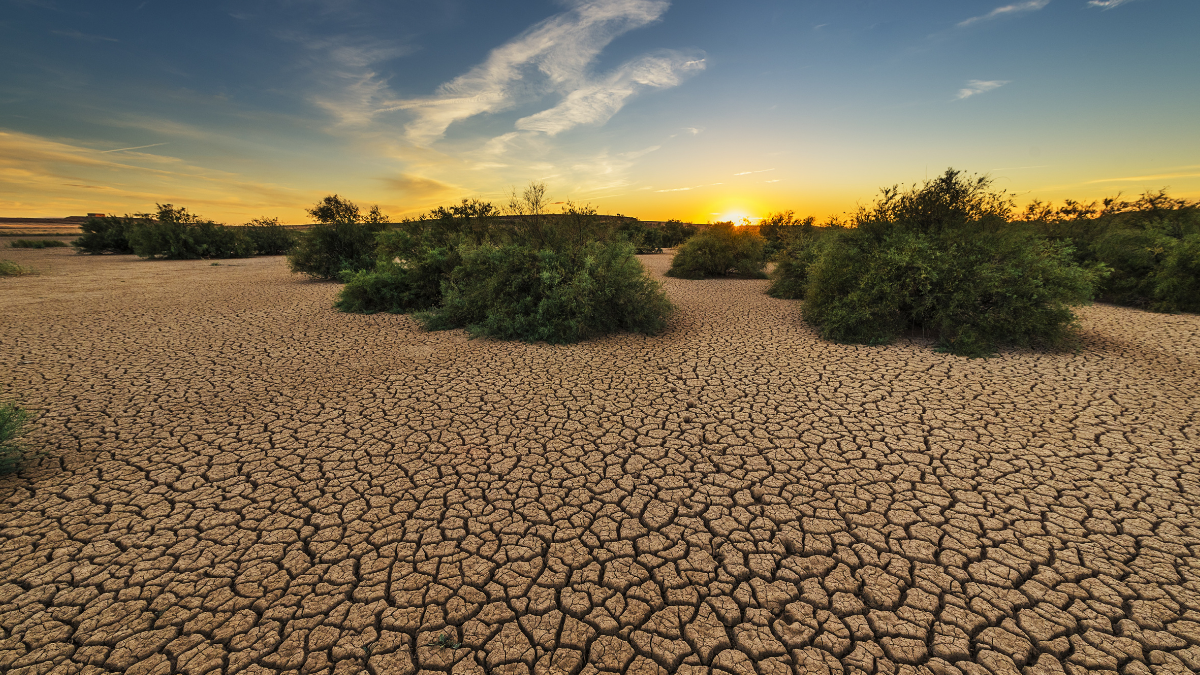Due to an unprecedented drought, the Amazon River, the lifeline of Brazil’s rainforest, has plunged to its lowest level in more than a century.
Thousands of people’s lives are being disrupted by this environmental calamity, which is also seriously harming the ecosystem of the jungle.
The tributaries of the river are quickly drying up, stranding boats and cutting off food and water supplies to far-flung settlements. More than 100 river dolphins, who are a threatened species, have perished as a result of the high water temperatures.
Severe Condition due to Drought-
In sharp contrast to the 17.60 metres observed a year ago, the port of Manaus, among the most populated cities in the area, measured a water level of 13.59 metres (44.6 ft) on Monday. It has fallen below the previous record low recorded in 2010, making this the lowest point since records began to be kept in 1902.
Some Rainforest regions saw the lowest rainfall from July to September since 1980, according to Cemaden, the government of Brazil’s disaster alert centre.
According to the Science Ministry, the El Nino climate phenomena, which is responsible for extreme weather patterns around the world, started this year, which is why there is a drought. The ministry projects that the drought will last at least through December, when El Nino’s effects are anticipated to be at their strongest.
Drought affects People’s Life Drastically-
According to the civil defence organisation in the state of Amazonas, where Manaus is situated, as of Monday, the drought had a negative impact on 481,000 people.
Workers from the Brazilian non-governmental organisation Fundacao Amazonia Sustentavel (FAS) have been providing food and supplies to disadvantaged villages around the parched area close to Manaus. Their ability to obtain food, water for drinking, and medications—all of which are traditionally transported by rivers—has been compromised by the drought.
The delivery of supplies by a Brazilian NGO to Pedro Mendonca’s riverbank settlement in Santa Helena do Ingles, west of Manaus, last week brought relief to the locals. Pedro Mendonca, a resident of the same village said that as compared to other droughts, the current environment is much hotter and warm as the region received no rainfall in three months.
While certain locations are still reachable by canoe, according to Nelson Mendonca, a local leader in the region of Santa Helena do Ingles, many boats have been unable to convey supplies along the river. As a result, the majority of deliveries are made by tractors or people walking. Thus he said that the residents of the area feel practically isolated
Another Santa Helena do Ingles resident, Luciana Valentin, voiced concern about the quality of the community’s water supply in light of the drought-related drop in water levels. She stated that children in particular are facing health issues such as diarrhea, vomiting, fever and other infections due to unclean water. The current circumstance emphasises the urgent requirement for all-encompassing steps to lessen the effects of this environmental calamity.
Worldwide Drought Scenario-
Worldwide, droughts are also affecting nations in Europe, Asia, Africa, and North America. These droughts have a negative influence on the world’s food supply and have contributed to temperature records.
According to the National Oceanic and Atmospheric Administration, more than 40% of the lower 48 states in the U.S. experienced a drought last week, affecting 95.8 million people and 319 million acres of important crops.
This summer’s extreme drought in Spain, Portugal, and Italy has had a negative influence on the availability of durum wheat, which is on track to reach a 22-year low in global production and has pushed Italian pasta producers to look elsewhere for their primary ingredient.
